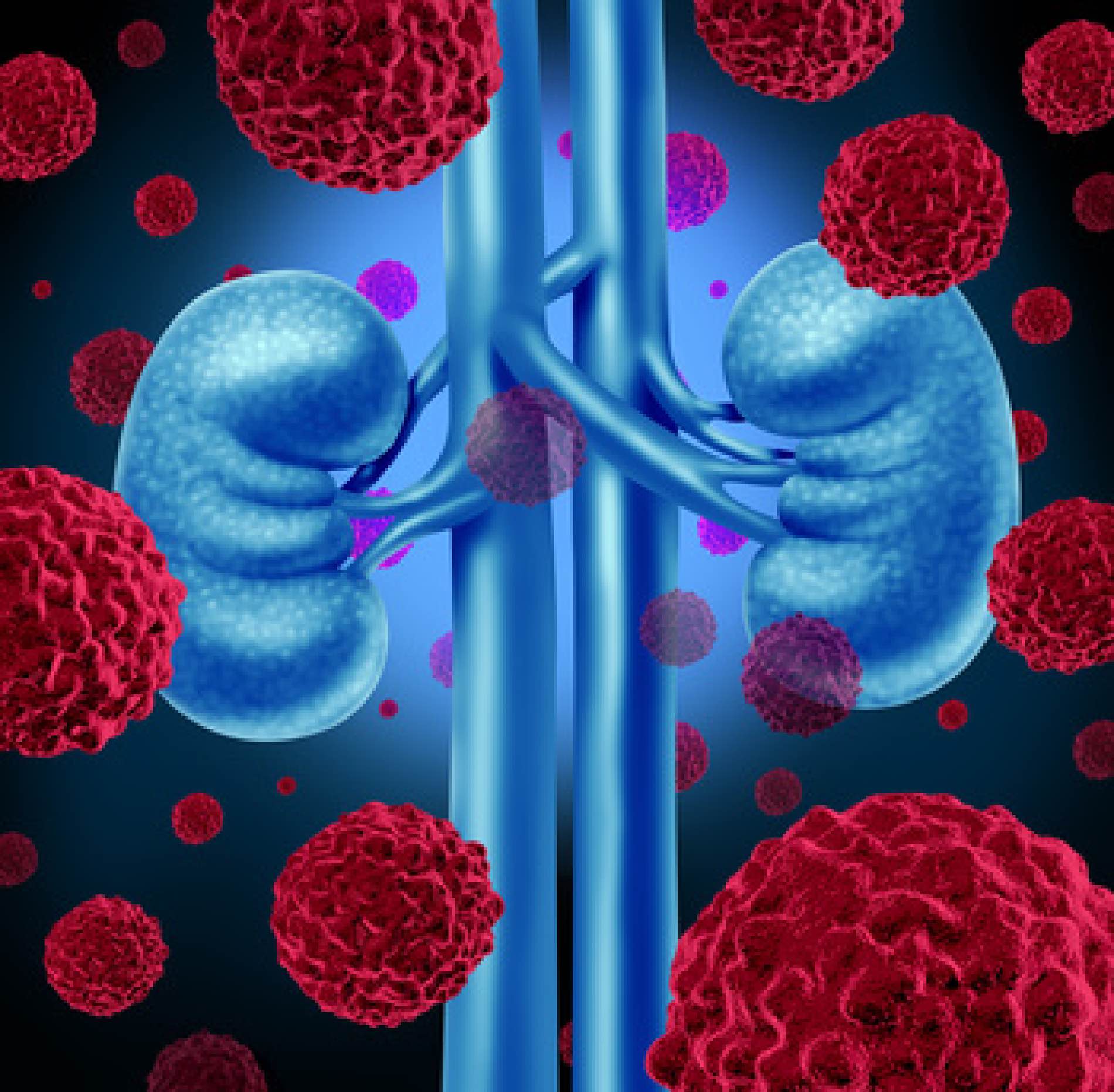Share this Page:
A study published in the journal Radiology from John Hopkins University in Baltimore, America provides evidence that cryoablation is as effective as surgery for treating early-stage kidney cancer as evidenced from 10-year survival rates.
Percutaneous cryoablation is a minimally invasive procedure that destroys cancer cells by freezing the tumour using a probe inserted through the skin under imaging guidance. The tumour dies and over time the scar tissue is absorbed by the body. Cryoablation can be used for early-stage tumours that are confined to the kidney and up to 4 cm in size; it is not effective in larger tumours. The procedure is usually conducted as an outpatient procedure taking 30-40 minutes to perform.
This study looked at 134 patients who underwent cryoablation for early-stage kidney cancer and compared their outcomes over 10 years with those of patients who had either a radical or partial nephrectomy.
Disease-specific survival was 94% at both five and 10 years after treatment, a figure comparable to that reported after radical or partial nephrectomy. Overall survival probability after percutaneous cryoablation at five and 10 years was longer than for radical or partial nephrectomy.
The study also reported that percutaneous cryoablation is equivalent to surgery but with fewer side effects. The risk of significant complications from cryoablation is around 6%, compared to 15-20% for surgery, and recovery is much faster.














